After a string of taxes, the Enugu State government has come under severe criticism for appearing to place its revenue hopes only on multiple taxation of businesses. In the last one year and half of his administration, Governor Peter Mbah has become synonymous with taxation, climaxing with the recent news that dead bodies now face mortuary tax in the state. Mbah also came under the hammer about a month ago after news emerged that businesses using fuel-powered electricity generators and solar energy were to pay environmental (pollution) tax. Yet, resorting to alternative power sources was a result of government’s heartbreaking failure to provide electricity, amidst draconian bills for unused electricity.
Join our WhatsApp Channel
About Enugu State’s Tax Coven
In early June this year, the All Progressives Congress in Enugu State condemned the Enugu State government for multiple taxation, lamenting that the state was wilfully punishing its citizens. The APC as well as the Human Rights Writers Association of Nigeria (HURIWA), had also condemned the serial building demolitions in Enugu and Nsukka.
According to party’s chairman in the state, Mr Ugochukwu Agbalah, “The demolition of Holy Ghost/Railway/Okpara Avenue axis Enugu, Gariki Market and Abakpa Market also in Enugu and the Ogige Market in Nsukka has led to untold hardship on the affected families. This is due to loss of revenues and jobs and deteriorating living conditions characterised by increased poverty, social unrest, increased crime and loss of goods and services”. Apart from refusing to use the many virgin lands in Enugu State, the governor is also making it difficult for the new businesses that just emerged from the demolitions to pay tax.
Lame Excuses?
On September 21, 2023, the Executive Chairman, Enugu State Internal Revenue Service (ESIRS), Mr Emmanuel Ekene Nnamani, was forced to announce a consolidated tax regime and e-ticketing to ensure a one-stop shop revenue collection aimed at eliminating all forms of multiple taxations. Just after May 29, 2023, many avenues in Enugu State became a sea of yellow ribbons used to seal off business premises by stern looking young men demanding all kinds of taxes. The roads also became a nightmare due to club-wielding men waylaying motorists everywhere.
Following the slamming of the mortuary tax, unconfirmed news made the rounds that corpses were taxed forty thousand naira (N40, 000) every day after staying 24 hours without burial. But in a quick rebuttal, Mr Nnamani said any corpse that stays more than 24 hours in a mortuary will attract payment of ₦40 on a daily basis.
According to Nnamani, “The Enugu State Internal Revenue Service, in line with the provisions of Section 34 of the Birth, Deaths and Burials Law Cap 15 Revised Laws of Enugu State 2004, hereby approves the implementation of Mortuary tax. He added: “The sum of ₦40.00 (Forty Naira) only is to be paid by owners of a corpse once it was not buried within twenty-four hours. The amount continues to count on daily basis. It is an indirect tax paid by mortuary owners, not deceased family and it is just N40, not N40,000. Since its introduction, nobody has been denied burying their dead ones.”
Nnamani says that the tax is aimed at encouraging mourners to bury their dead immediately to avoid the festivals given in the name of burials. However, critics insist that the state is only pretending to care about mourners, when in the actual sense, government contributed to the deaths of those it now wants to be buried hurriedly. A source who pleaded anonymity said: “imagine a government that destroyed over 20,000 shops pretending to care about citizens, who died as a result of government recklessness. To imagine that Mbah does not know what else to do but to aggravate the pains of mourners through this heartless tax is to know that his government is on a mission to destroy Enugu State.”
On the contrary, the chairman of ESIRS, Emmanuel Nnamani, said the taxes raining on Enugu State are ways “to generate revenues to provide social amenities within the rural and urban areas for the people and raise Enugu’s GDP from $4.4 billion to an ambitious $30 billion”. Nnamani insisted that “there was no way the state could grow its economy to $30 billion dollars when people are not paying taxes”.
Multiple Taxation is no Panacea
Last week, the Chairman of the Presidential Fiscal Policy and Tax Reforms Committee, Taiwo Oyedele, sternly warned against the imbalance in Nigeria’s tax system, which burdens the most vulnerable while allowing wealthier individuals and politicians to evade taxes. Oyedele, who spoke at the Integrated National Financing Framework Core Working Group Retreat held in Lagos, said Nigeria will not achieve wealth by taxing the poorest citizens. He observes: “Our revenue percentage is embarrassingly low because we mostly collect taxes from the vulnerable people, and we allow the upper middle class, the elite, and the politicians to evade tax. Go on the street and see the vulcaniser, the pure water seller, and the market trader associations, they pay about six to seven levies every day. It can’t make sense. We can’t become a wealthy country by taxing poverty.”
READ ALSO: Enugu Govt Imposes Mortuary Taxes On Dead Bodies
Experts are warning that Enugu State stands at a revenue crossroads. That is, insisting on myriad taxes to implement infrastructural development can trigger backlashes that may upset government’s intentions. If government fails to utilize the taxes, as is often the case in Nigeria, Enugu’s GDP will suffer a heavy beating because monies taken out of businesses will impoverish the poor all the more, without growing the economy.
Moreover, over taxation is like putting oneself in a bucket and trying to lift it at the same time. Taxation works to an extent, especially when it is made the only veritable revenue source. The real source of revenue is production, the base of which is agriculture.
Unfortunately, banditry, kidnapping and herder disturbances have left the food belts in Uzo Uwani and Isi Uzo Local Government Areas in Enugu State no-go-areas. Critics accuse Mbah of making pacts with herders, which is now slowing agricultural production in the state. The question is: Who, what is really undermining the revenue base of the state?
Dr Mbamalu is a Jefferson Fellow, member of the Nigerian Guild of Editors (NGE) and a renowned Publisher.
Dr. Marcel Mbamalu is a communication scholar, journalist and entrepreneur. He holds a Ph.D in Mass Communication from the University of Nigeria, Nsukka and is the Chief Executive Officer Newstide Publications, the publishers of Prime Business Africa.
A seasoned journalist, he horned his journalism skills at The Guardian Newspaper, rising to the position of News Editor at the flagship of the Nigerian press. He has garnered multidisciplinary experience in marketing communication, public relations and media research, helping clients to deliver bespoke campaigns within Nigeria and across Africa.
He has built an expansive network in the media and has served as a media trainer for World Health Organisation (WHO) at various times in Northeast Nigeria. He has attended numerous media trainings, including the Bloomberg Financial Journalism Training and Reuters/AfDB training on Effective Coverage of Infrastructural Development of Africa.
A versatile media expert, he won the Jefferson Fellowship in 2023 as the sole Africa representative on the program. Dr Mbamalu was part of a global media team that covered the 2020 United State’s Presidential election. As Africa's sole representative in the 2023 Jefferson Fellowships, Dr Mbamalu was selected to tour the United States and Asia (Japan and Hong Kong) as part of a 12-man global team of journalists on a travel grant to report on inclusion, income gaps and migration issues between the US and Asia.

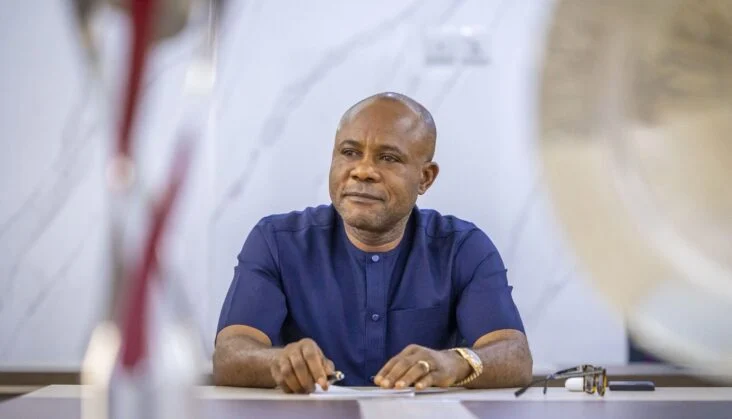





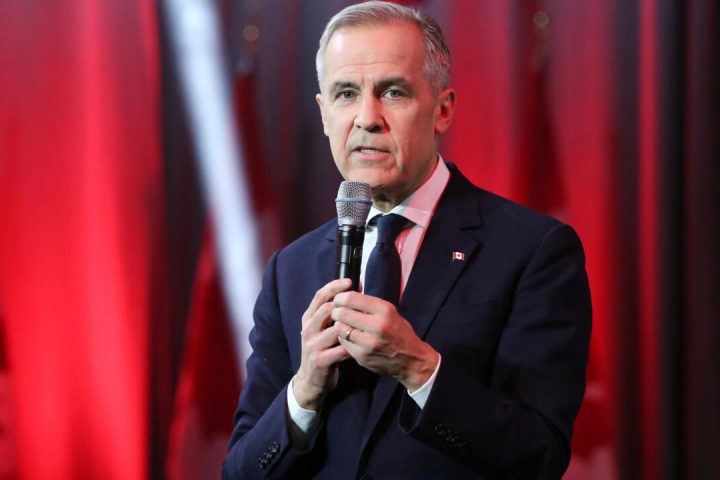





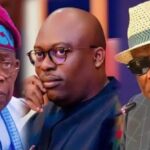


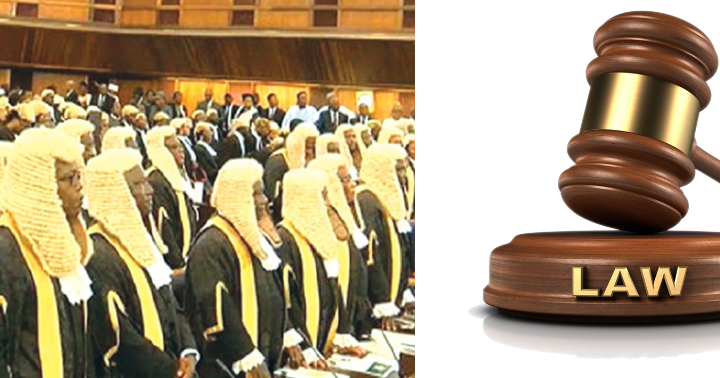
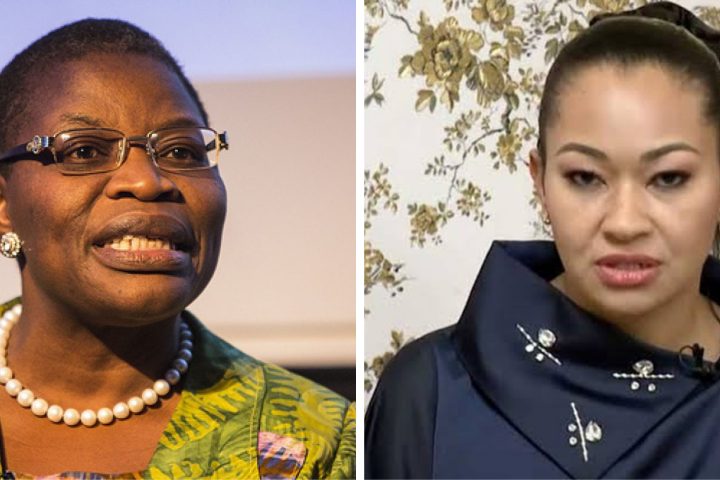
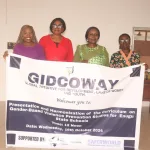
Follow Us